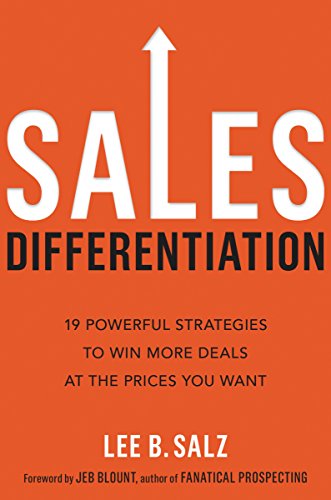Our nation lost a great hero this weekend. I personally set a very high bar for using that word, but, as the son of a former POW myself[1], I knew all about John McCain long before he even entered politics. He was a man whose character, sacrifice and example transcended politics, and unfortunately possibly the last of the breed on our national scene.
But this post is not a eulogy, nor is it meant to be. There are people who can put together a much finer tribute and besides that’s not the purpose of this blog. Instead, I would like to use McCain as a model for two and a half lessons about persuasive communication and credibility.
Aristotle told us that ethos is the strongest leg of his persuasion triad, and McCain had far more than most.
I wrote a whole post and podcast about Commitment as one of the 7 Cs of Max Cred, and it’s pretty hard to find a better example than McCain. His ordeal as a POW in horrific conditions for over five years is example enough, but keep in mind that the length of this ordeal was partly by his own choice. Because his father was the commander of the US Naval forces in the Pacific, his captors urged him to accept early release because they wanted to score propaganda points. They even gave him a plausible excuse because the Code of Conduct allowed servicemen to accept early release in case of sickness or injury. A person of ordinary character would have been extremely tempted and would have easily rationalized his choice, but McCain courageously held to an even higher personal code and chose the hard road home.
Commitment to something higher than yourself, that is so publicly tested and found to ring true for so long, is an enormous asset in persuasion. It gets attention because it’s so rare, and it commands respect to any speaker. It was so strong that it even survived McCain’s lapse of judgment in the Keating Five scandal, which could have easily destroyed his reputation. It was so strong that when he thought for himself and gained a reputation as a maverick, no one doubted his personal motives.
The second element of ethos that McCain embodied was his personal likeability. As Senator Jeff Flake said, referring to the fact that his two bitter rivals for the presidency will speak at his funeral, ”These were bitter contests, both of them, and to ask them to speak at your funeral, and for them to be honored at the opportunity, that tells you all you need to know.”
Likeability is a great asset in persuasion, but McCain showed that it doesn’t have to be the bland rollover niceness that lets people walk all over you. He had a famous temper and often didn’t choose his words carefully enough, but he didn’t let opposition shade over into personal enmity, and of course his famous sense of humor was a great salve for hurt feelings.
That brings me to the “half” lesson. His campaign bus in 2000 was named the “Straight-Talk Express” for a reason. He wasn’t one to carefully choose his words, and he was blunt, outspoken, and direct. These can be great assets for persuasive communication, but great persuaders always know that how you say something is never as important as how your listener takes it. They tailor their message for maximum effect in reaching their intended goal, and so they practice calculated authenticity, and strive to put their best selves forward at all times.
Very few of us will ever be tested like John McCain, and very few of us will ever achieve his towering status, but we can all learn from his example: find a worthwhile cause to commit to, conduct ourselves in such a way that we make far more friends than enemies, and—on occasion—think before we open our mouths.
[1] My Dad was a POW in Germany during WWII.





